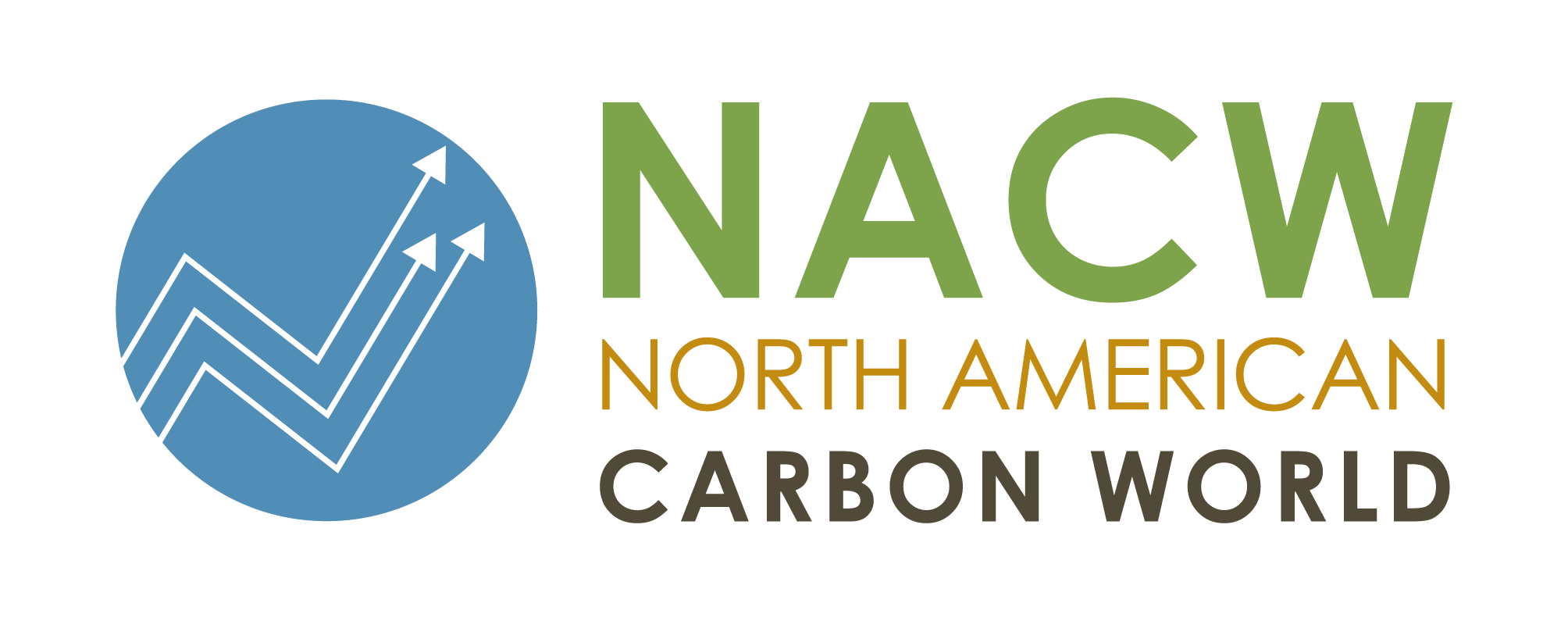Climate Action Reserve Board of Directors adopts Grassland Project Protocol
SACRAMENTO, CA – The Board of Directors of the Climate Action Reserve, an environmental nonprofit organization and North America’s premier carbon offset registry, today approved the adoption of the Grassland Project Protocol Version 1.0, which provides a standardized approach for quantifying, monitoring and verifying greenhouse gas (GHG) emissions reductions from permanently preventing the conversion of grasslands to croplands in the U.S. The availability of this protocol means grassland owners and project developers now have a standardized, streamlined and flexible way to earn offset credits that can be used in the voluntary carbon market now and potentially in California’s cap-and-trade program in the future. Additionally, adoption of the protocol brings co-benefits related to these projects, including the conservation of wildlife habitat, avoided soil erosion and increased area for open grazing.
The increased production of and profit in commodity crops has put more pressure on converting arable land to crop cultivation. From 2008-2012, 5.7 million acres of grassland were converted to cropland. When grassland is converted to cropland, GHG emissions increase from three sources: 1) belowground carbon from soil and biomass is released, 2) N2O emissions from fertilizer application begin, and 3) CO2 is released from the use of fossil fuels used to operate equipment. Current expectations are that individual grassland offset projects will cover thousands of acres, most likely in the Upper Midwest, Great Plains and California.
“Permanently preventing the conversion of grasslands to croplands will not only avoid the release of around one metric ton of CO2-equivalent per acre per year but will also provide much needed co-benefits. Just as importantly, we know there is great interest in doing this. The Grassland Project Protocol is the result of contributions from experienced, knowledgeable stakeholders in this field and the high, regulatory quality standards incorporated into every Reserve protocol,” said Linda Adams, former Secretary of the California Environmental Protection Agency and Chair of the Climate Action Reserve Board of Directors. “This protocol would be a strong future addition to the family of protocols in California’s Cap-and-Trade Program.”
The Grassland Project Protocol incorporates lessons learned and feedback from other standards to create a new standard that allows for more efficient and economic offset projects while still maintaining high quality. The protocol development effort incorporated streamlining and standardizing wherever possible, which created an approach that balances accuracy, usability and conservativeness. For example, the protocol employs flexible options for monitoring, reporting and verification that will offer significant cost savings and allow for each project to be tailored to the needs of the landowner and project developer. Standardized eligibility screens allow projects to be more cost efficient, and a cooperative structure allows for the aggregation of projects. Additionally, the protocol features unique standardized emission factors that allow for much simpler project development and verification.
“The NRCS has a mission of getting more conservation on the ground. Voluntary and regulatory carbon markets provide farmers and ranchers with an opportunity to voluntarily implement conservation practices that reduce emissions and sequester carbon. When agricultural producers are compensated for the ecosystem services like carbon sequestration, we begin to recognize the full economic value of on-the-ground conservation. Agricultural conservation practices have numerous co-benefits such as water quality, soil health, wildlife habitat, and ambient air quality,” said Adam Chambers, Leader, National Energy and Environmental Markets Team at USDA-Natural Resources Conservation Service (NRCS). “It is encouraging to see the Climate Action Reserve recognize the value of voluntary conservation practices through the adoption of the Grassland Project Protocol.”











